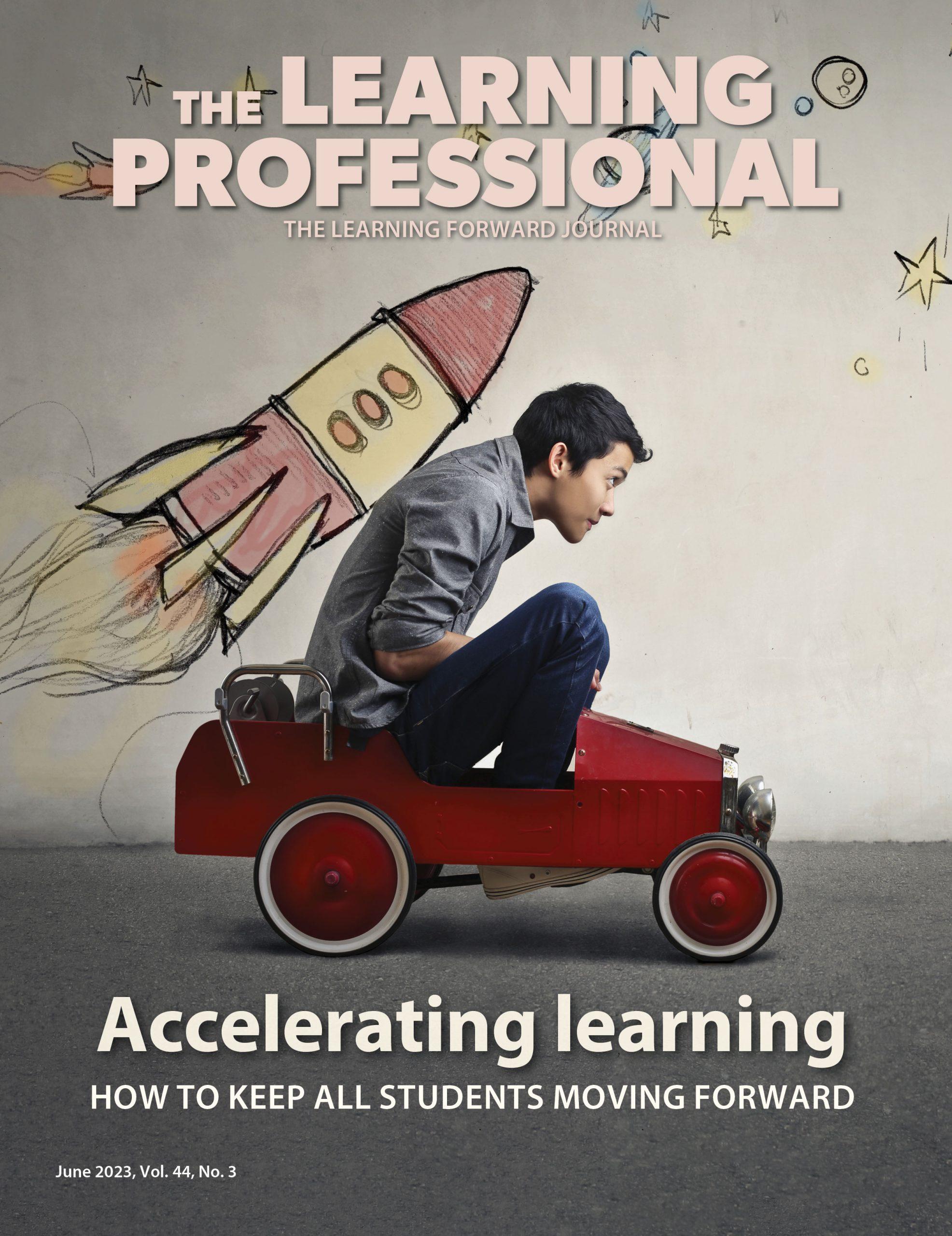A better way to measure
New survey tool gives educators a clear picture of professional learning's impact
By Rolf K. Blank
Categories: UncategorizedAugust 2010
Read the remaining content with membership access. Join or log in below to continue.
Sed ut perspiciatis unde omnis iste natus error sit voluptatem accusantium doloremque laudantium, totam rem aperiam, eaque ipsa quae ab illo inventore veritatis et quasi architecto beatae vitae dicta sunt explicabo. Nemo enim ipsam voluptatem quia voluptas sit aspernatur aut odit aut fugit, sed quia consequuntur magni dolores eos qui ratione voluptatem sequi nesciunt. Neque porro quisquam est, qui dolorem ipsum quia dolor sit amet, consectetur, adipisci velit, sed quia non numquam eius modi tempora incidunt ut labore et dolore magnam aliquam quaerat voluptatem.
References
Birman, B.F. & Porter, A.C. (2002). Evaluating the effectiveness of education funding streams. Peabody Journal of Education, 77(4), 59-85.
Blank, R.K. (2004). Longitudinal study of the effects of professional development on improving mathematics and science instruction. Report to National Science Foundation, MSPRETA, Council of Chief State School Officers,Washington, DC.
Cohen, D.K. & Hill, H.C. (2001). Learning policy: When state education reform works. New Haven, CT: Yale University Press.
Corcoran, T. & Foley, E. (2003). The promise and challenge of evaluating systemic reform in an urban district. In Research perspectives on school reform: Lessons from the Annenberg Challenge. Providence, RI: Annenberg Institute at Brown University.
Desimone, L.M., Porter, A.C., Garet, M.S., Yoon, K.S., & Birman, B.F. (2002). Effects of professional development on teachers’ instruction: Results from a three-year longitudinal study. Educational Evaluation and Policy Analysis, 24(2), 81-112.
Desimone, L.M. (2009, April). Improving impact studies of teachers’ professional development: Toward better conceptualizations and measures. Educational Researcher, 38(3), 181-199.
Garet, M.S., Porter, A.C., Desimone, L., Birman, B.F., &Yoon, K.S. (2001). What makes professional development effective: Results from a national sample of teachers? American Educational Research Journal, 38(4), 915-945.
Kennedy, M.M. (1999). Form and substance in inservice teacher education. Report for the National Institute for Science Education, National Science Foundation. Madison, WI:Wisconsin Center for Education Research.
Loucks-Horsley, S., Hewson, P., Love, N., & Stiles, K.E. (1998). Designing professional development for teachers of science and mathematics. Thousand Oaks, CA: Corwin Press.
Smithson, J. & Blank, R.K. (2007). Indicators of quality of teacher professional development and instructional change using data from Surveys of Enacted Curriculum: Findings from NSF MSP-RETA Project. Washington, DC: CCSSO.
Categories: Uncategorized
Recent Issues
TAKING THE NEXT STEP
December 2023
Professional learning can open up new roles and challenges and help...
REACHING ALL LEARNERS
October 2023
Both special education and general education teachers need support to help...
THE TIME DILEMMA
August 2023
Prioritizing professional learning time is an investment in educators and...
ACCELERATING LEARNING
June 2023
Acceleration aims to ensure all students overcome learning gaps to do...








